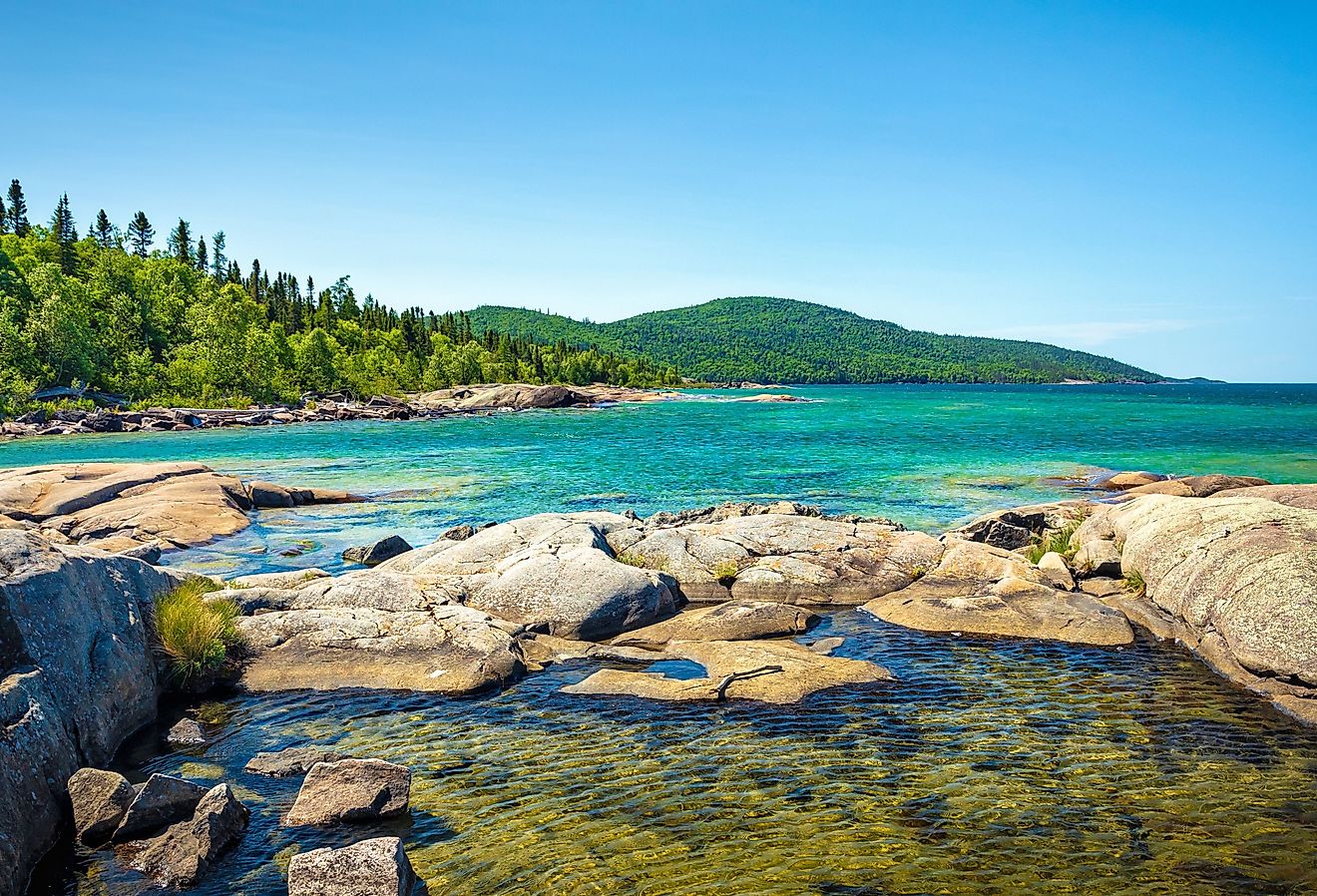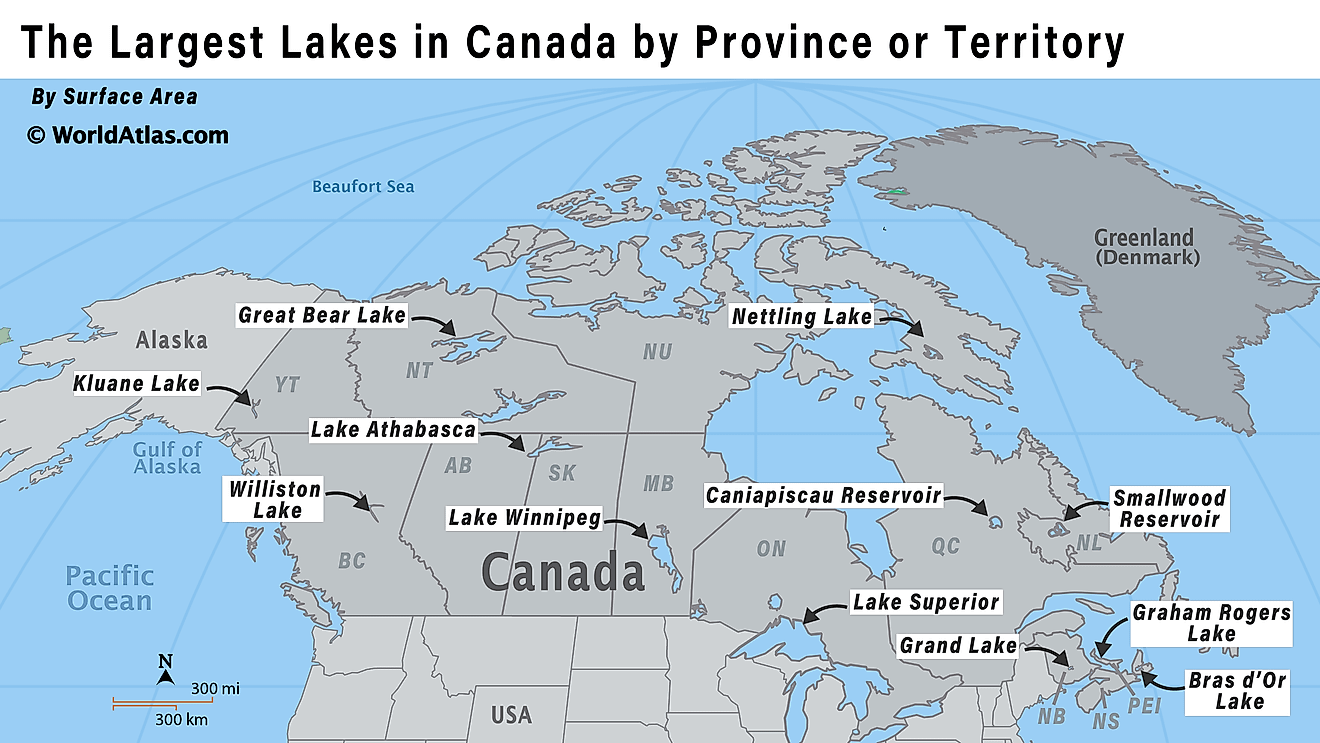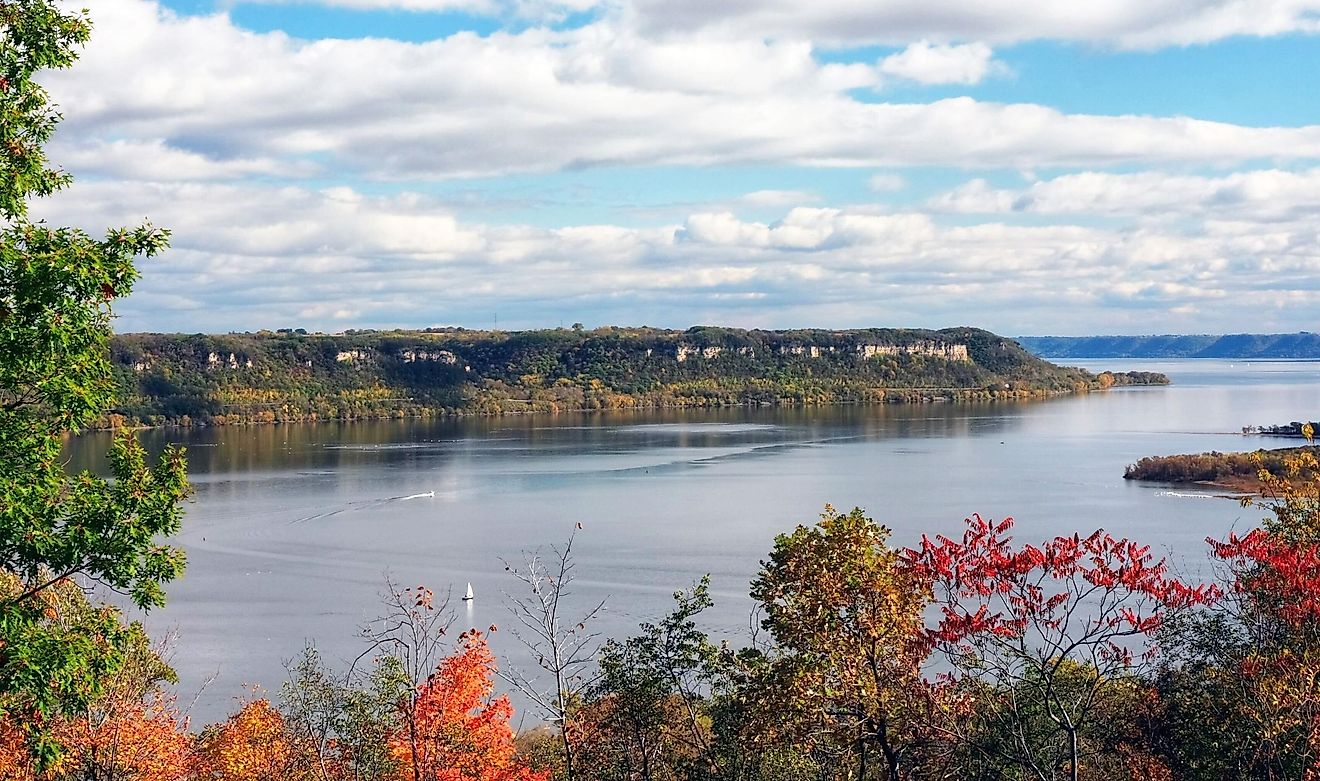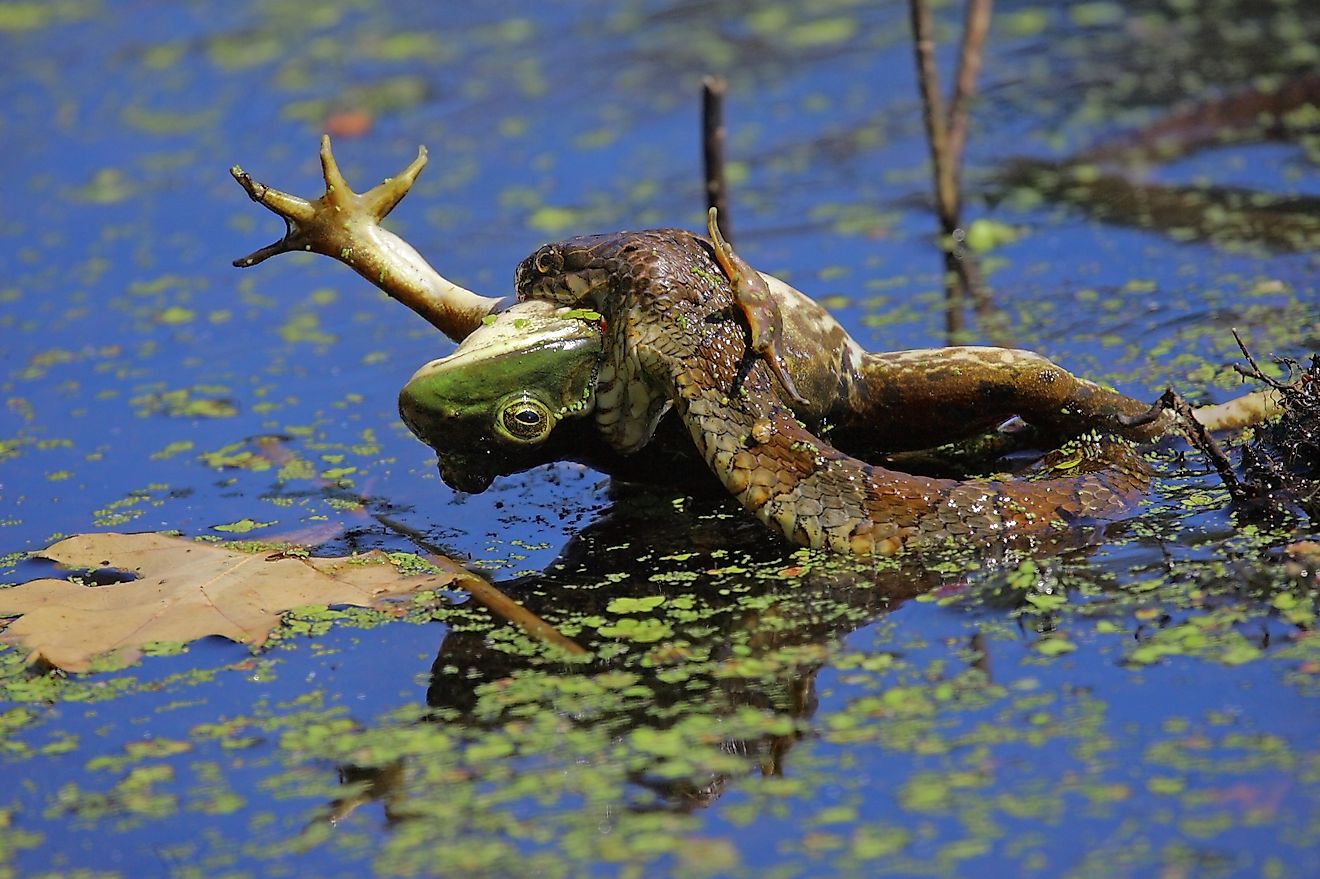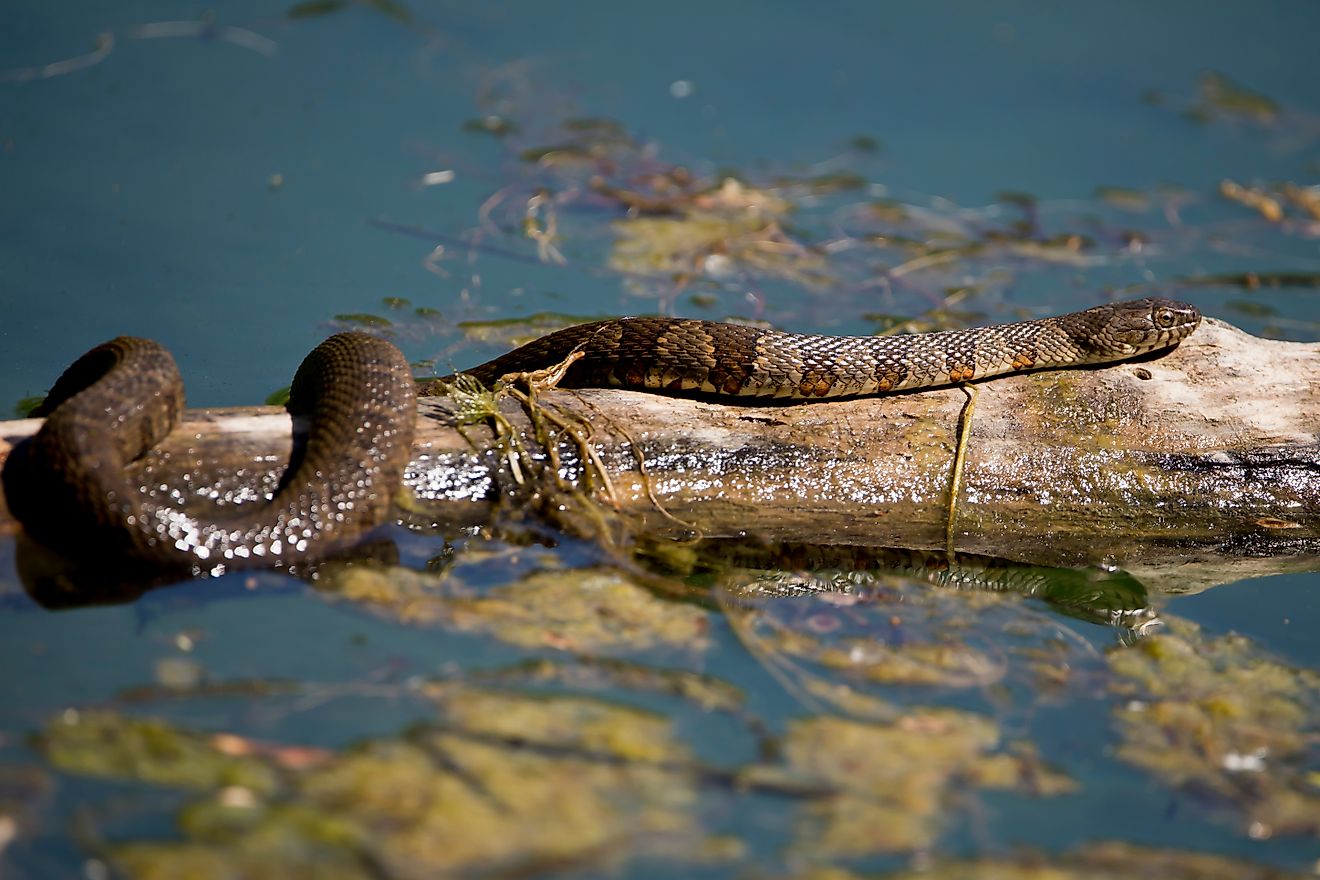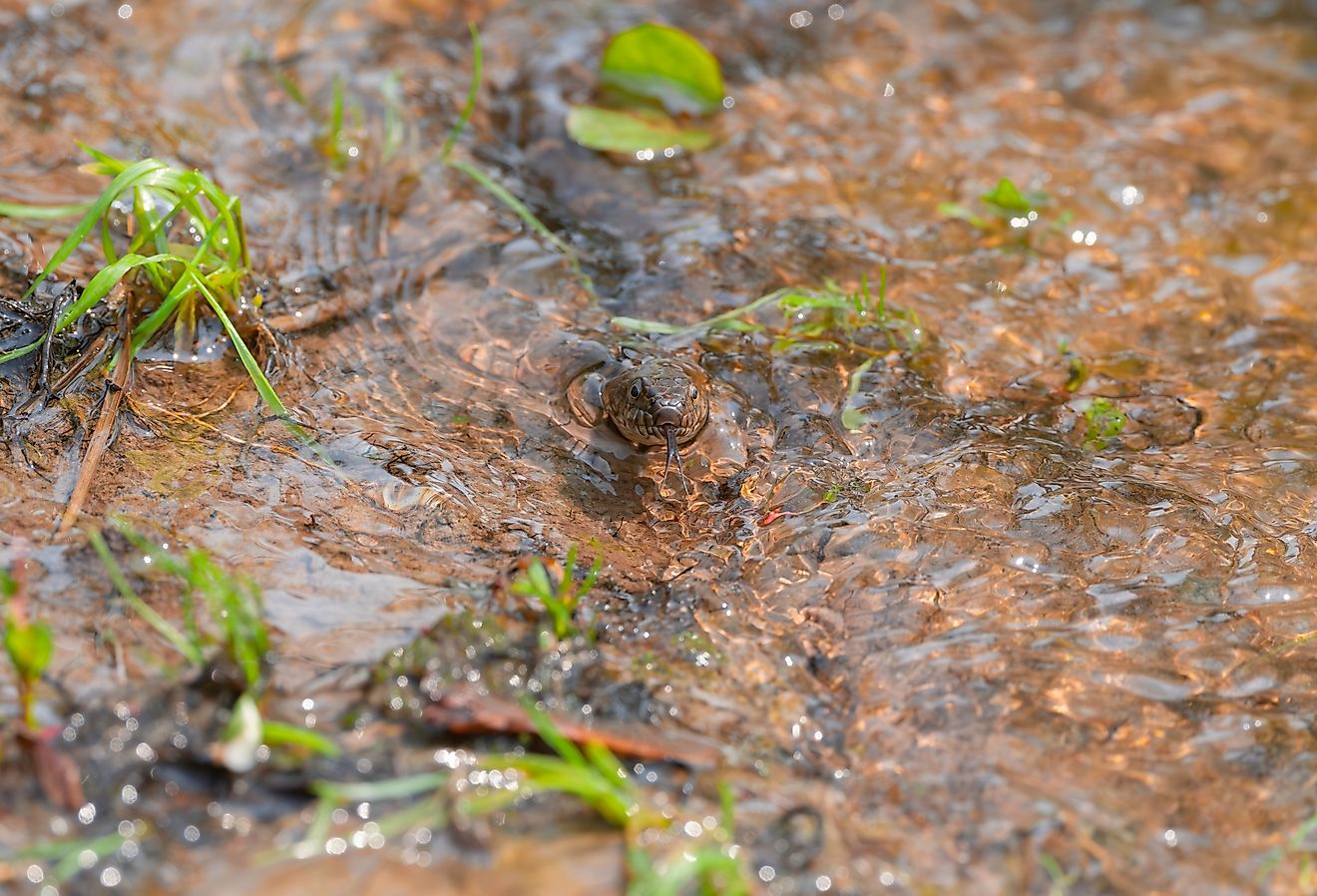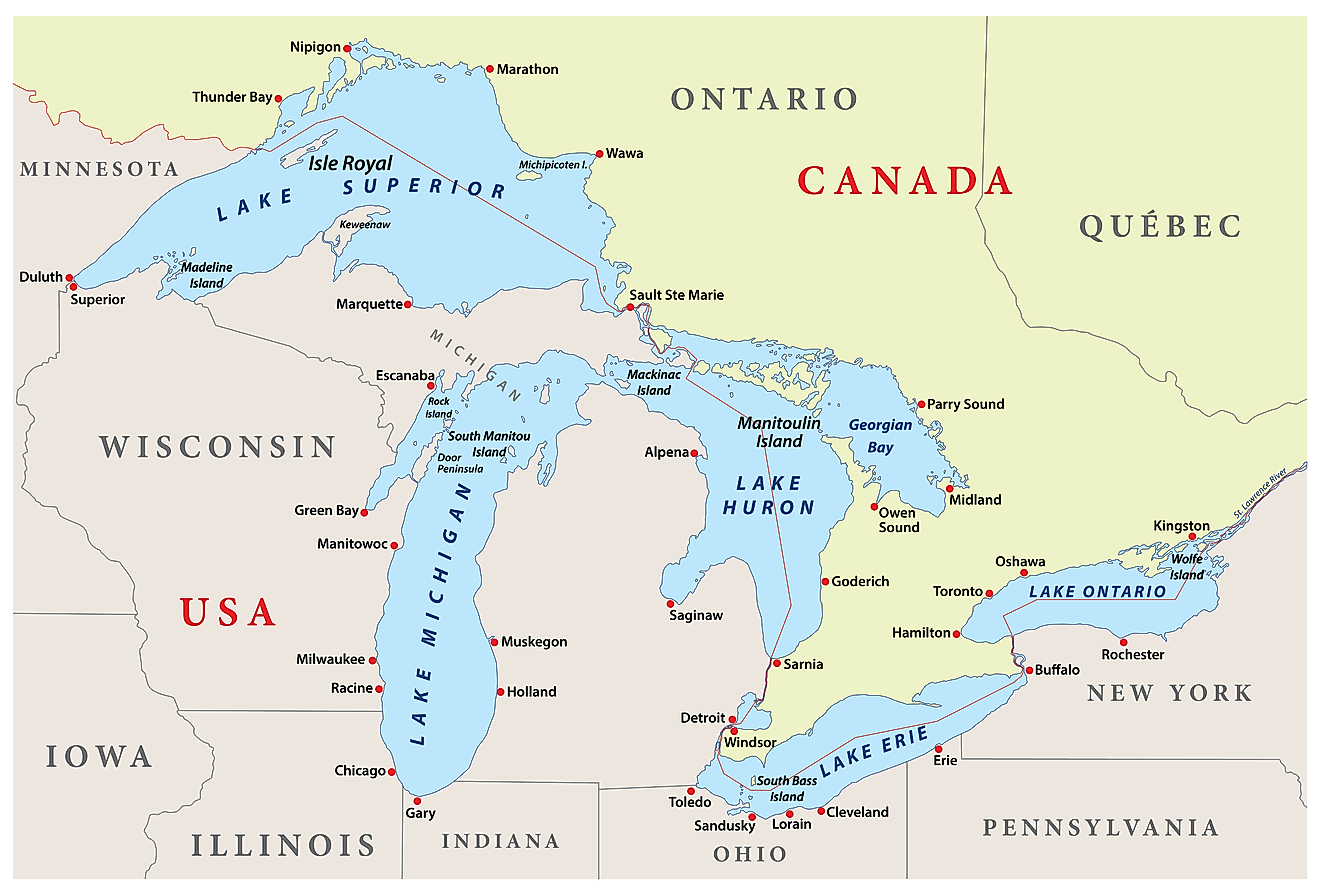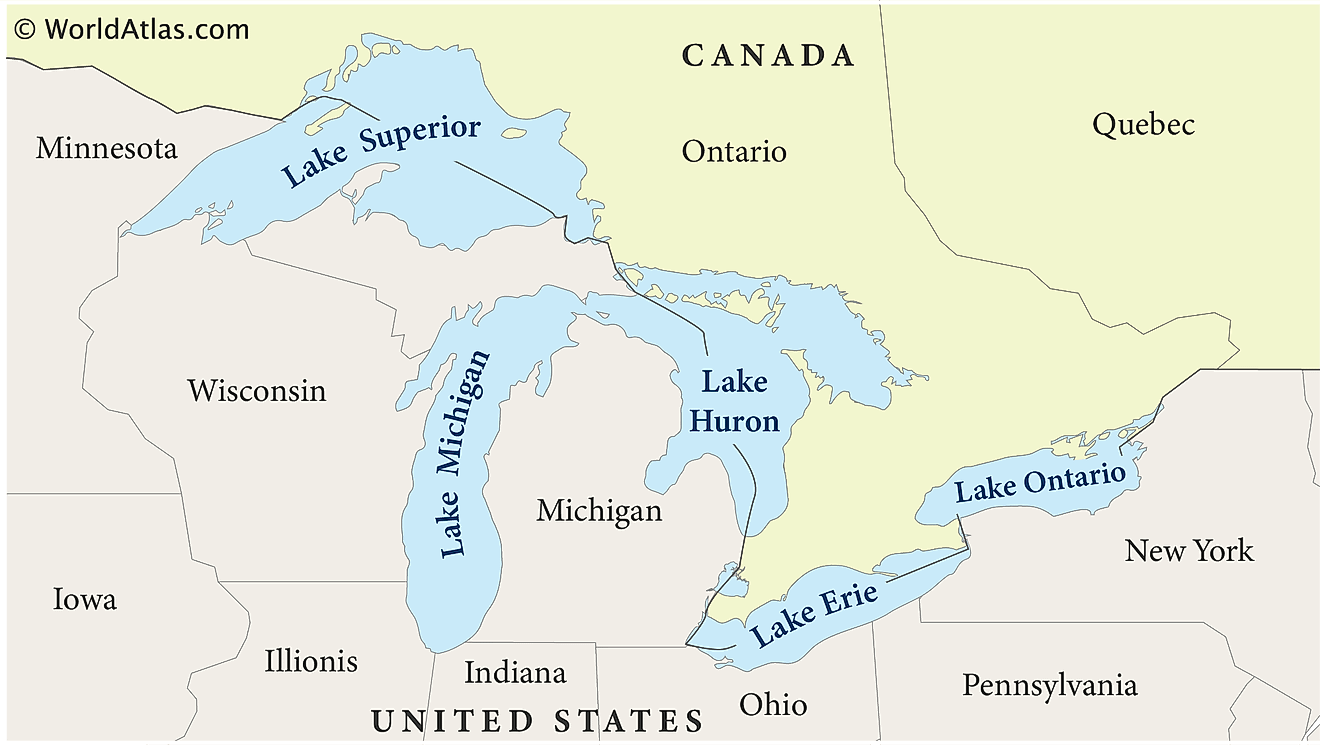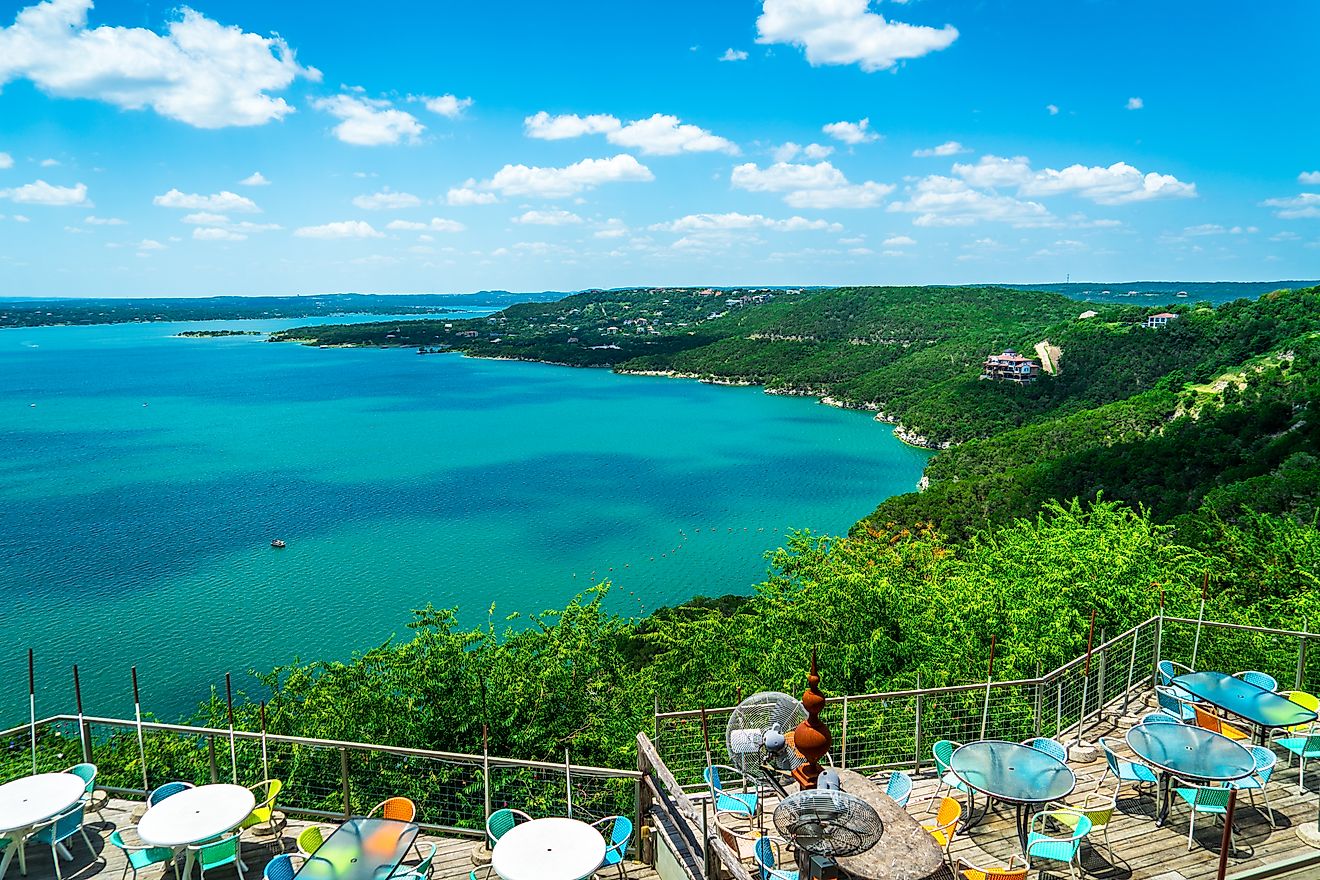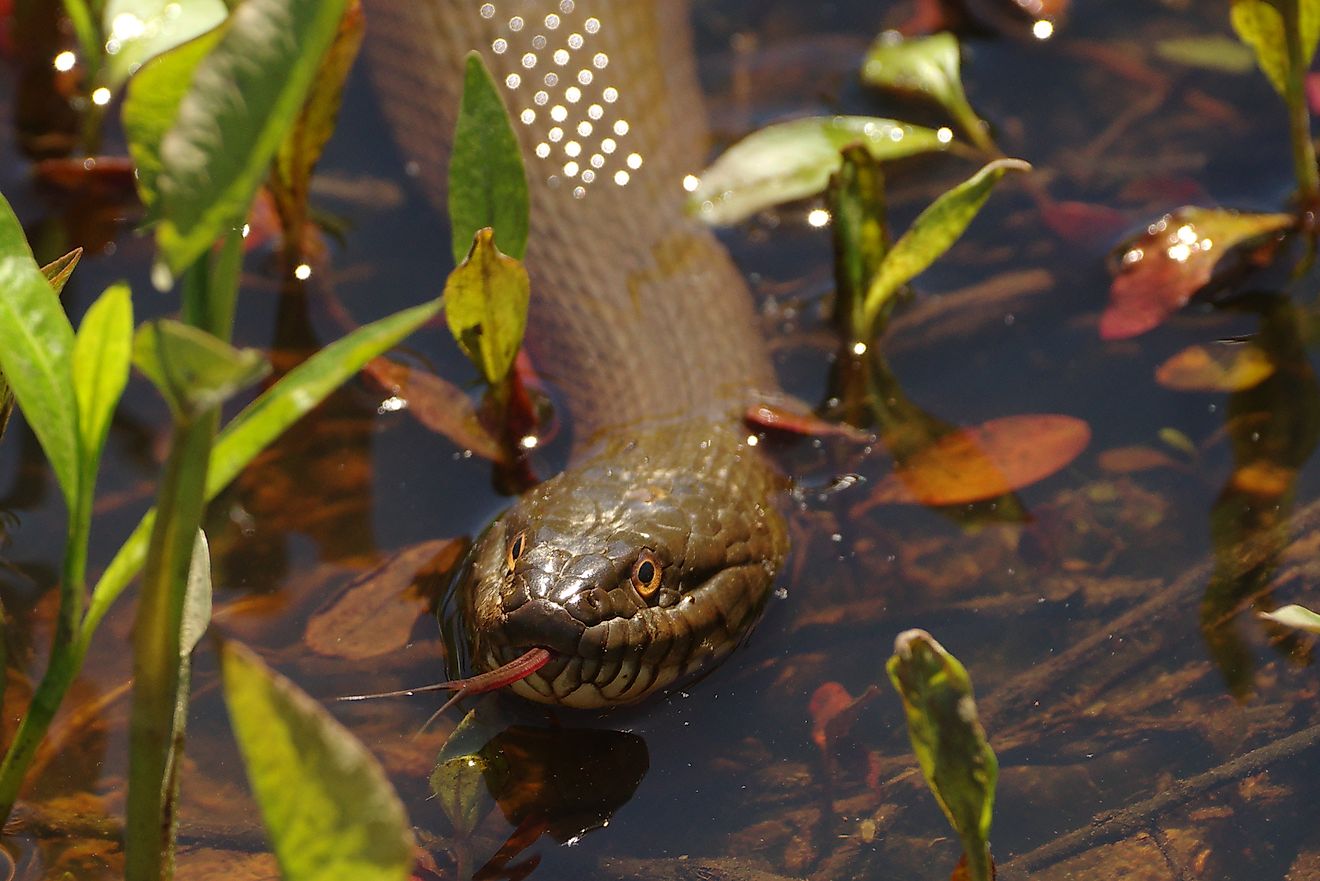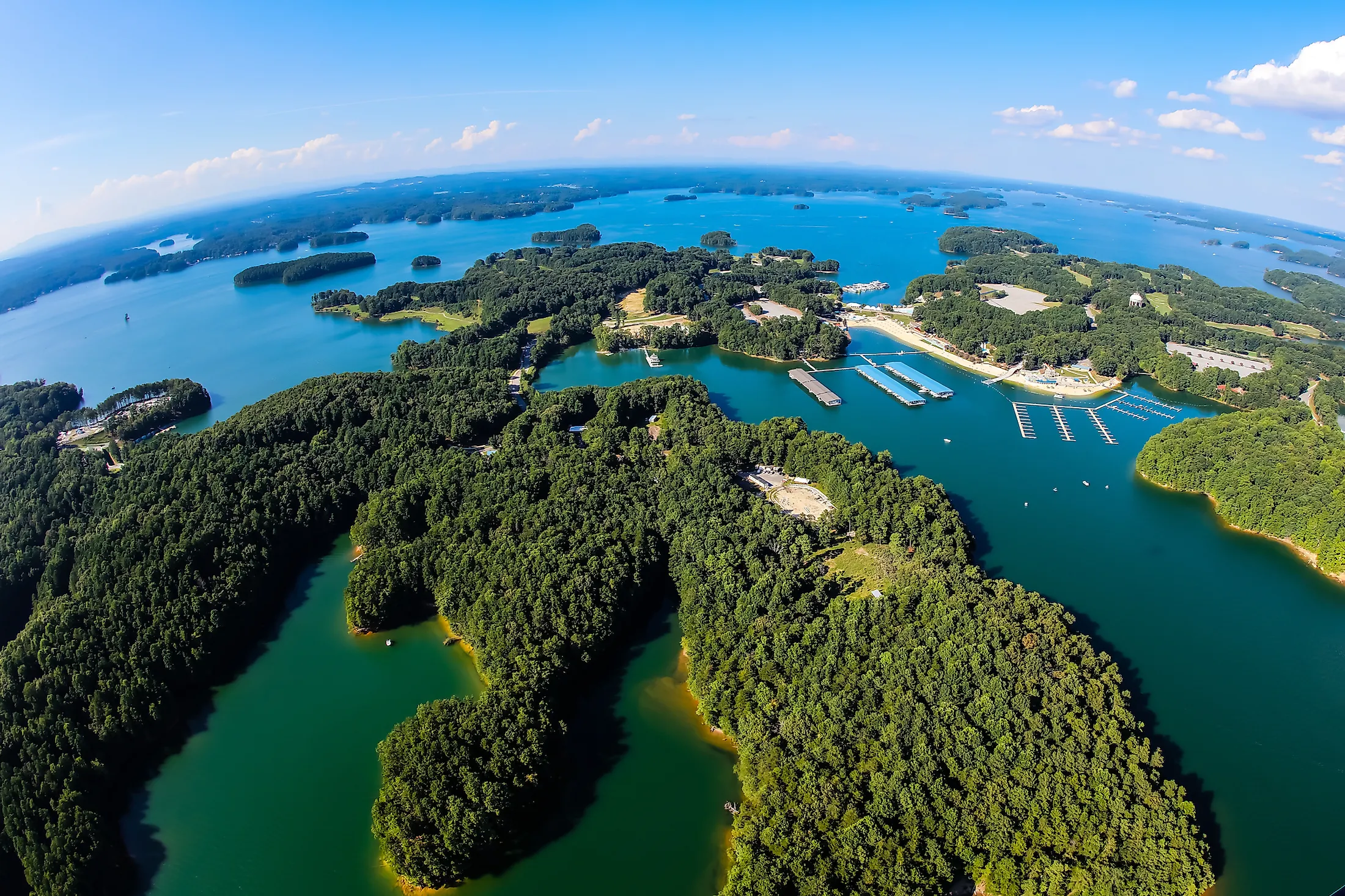
Lake Lanier
Lake Lanier is a human-made reservoir lake in northern Georgia State, United States. The lake was created by way of the Buford Dam, which flooded the Chattahoochee River in 1956, pooling into what is now the Lanier Lake. Additionally, the lake receives natural inflow from the Chestatee River. The lake has an area of 150 square kilometers, and 1,114 km of shoreline.
Importance Of Lake Lanier
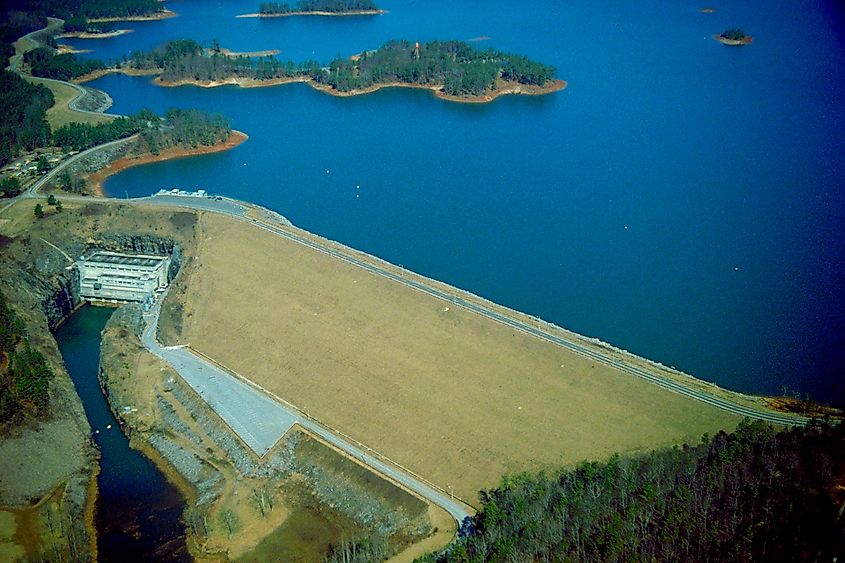
The lake was created with the intention of providing hydro power to the area, as well as to control the Chattahoochee River’s water supply to Atlanta (both for fresh water use and to prevent any flooding).Both the Buford Dam, and the downstream Morgan Falls Dam were significant in regulating water flow to Atlanta only a year after the reservoir’s construction. In 1957, a prolonged drought would have completely dried up the river tributaries in the area, but the reserve water supply was maintained in the lake, and therefore adequate water supplies were provided to the people of Atlanta and surrounding area.
The dams remain an important source of water, system for flood prevention, and hydroelectric power source for much of Georgia. More than 60 percent of Georgia's population accesses fresh drinking water from the Chattahoochee River system. The states of Florida and Alabama also laid claims to the water supply, as the river travels through their states. Florida and Alabama have filed various lawsuits against Georgia with regards to the use of the water supply in Lake Lanier, and its effects on the Chattahoochee river more generally.
Recreational Facilities
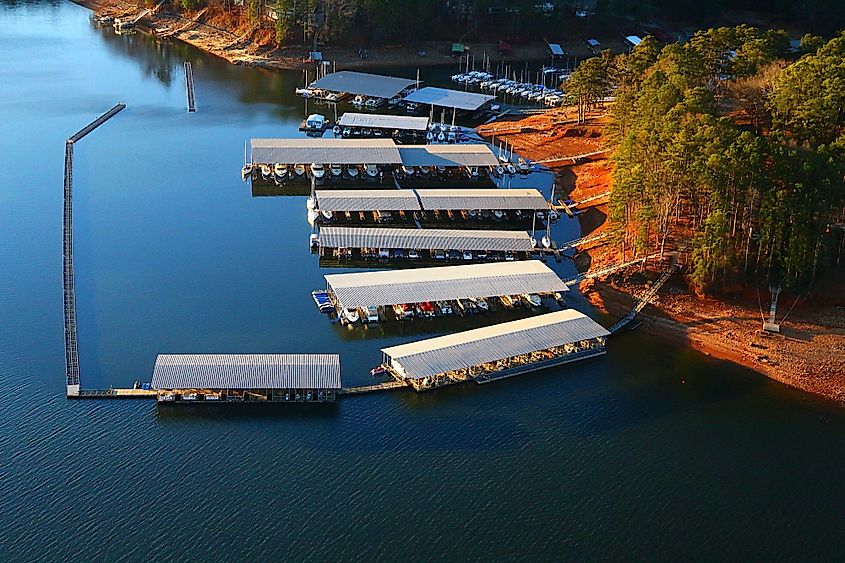
The lake is a popular destination for recreational activities. Lake Lanier Island is home to a waterpark, and the lake itself is often used for various types of boating activity. The lake was home to both rowing and sprint canoeing events at the time of the 1996 Summer Olympics. Additionally, it hosted the 2003 ICF Canoe Sprint World Championships, 2016 Pan American Sprint Canoe/Kayak Championships and the 2018 ICF Dragon Boat World Championships. Recreationally, marinas, boat clubs, and kayaking rentals are common on the waters.Hotels such as the Legacy Lodge and Pine Isle house visitors to the area.
Aquatic Life In Lake Lanier
There are a number of fish species in the lake, which offer anglers sport. The lake is particularly popular with fishers in the area. Species that can be found in these waters include spotted bass, crappie, catfish, striped bass, walleye, bluegill, redbreast, and redear sunfish.Displacement and
Controversy
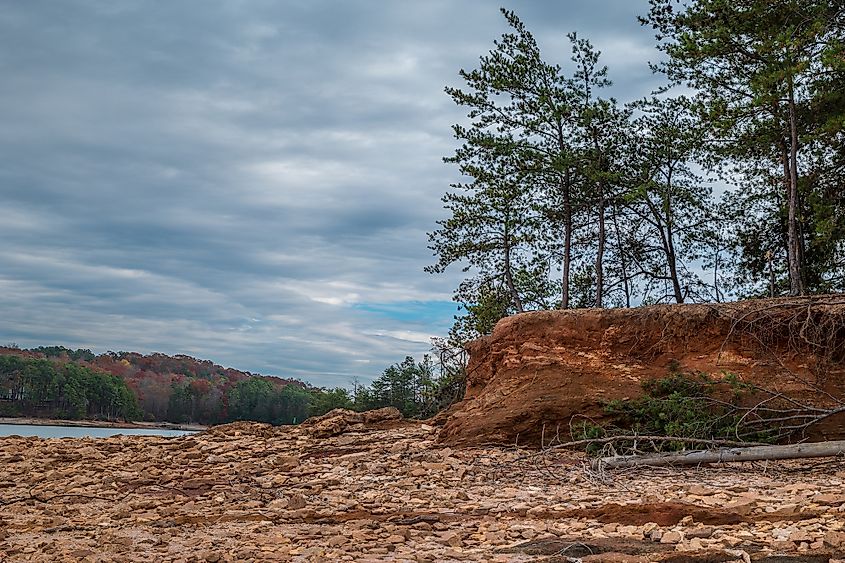
During the initial creation of the lake, residents in the area had to be displaced. It is estimated that 700 families were relocated from the area, and also 20 different cemeteries were allegedly dug up and moved. Though exact records are hard to come by, it is widely regarded that not all of the bodies were actually relocated before the area was flooded. This has led to local myths and tales of hauntings on the lake and surrounding areas. During a period of extreme drought, the lake dried so much that remnants of the once-flooded towns could be seen, including the auto-racing track near Gainesville, which was left at the bottom of the lake. This drought sparked unrest with some Georgia residents. Though the families were moved prior to the flooding, the remnants of the village was unsettling to many, and brought up a number of questions regarding the process of displacement in the first place. While farmers were compensated for their land, many felt that they lost invaluable land kept in families for generations, due to government and army corp pressures. Some felt that the amount they were paid out ended up being insufficient for their families survival.
Despite the controversy and eerie tales which surround the lake, it continues to be enjoyed by tourists, and locals seeking recreation. Additionally, its importance in offering water supplies to the surrounding region in Georgia, and the wildlife nearby, cannot be disputed, and times of extreme drought have only reinforced the human need for such reservoirs to maintain water levels for communities in need.
